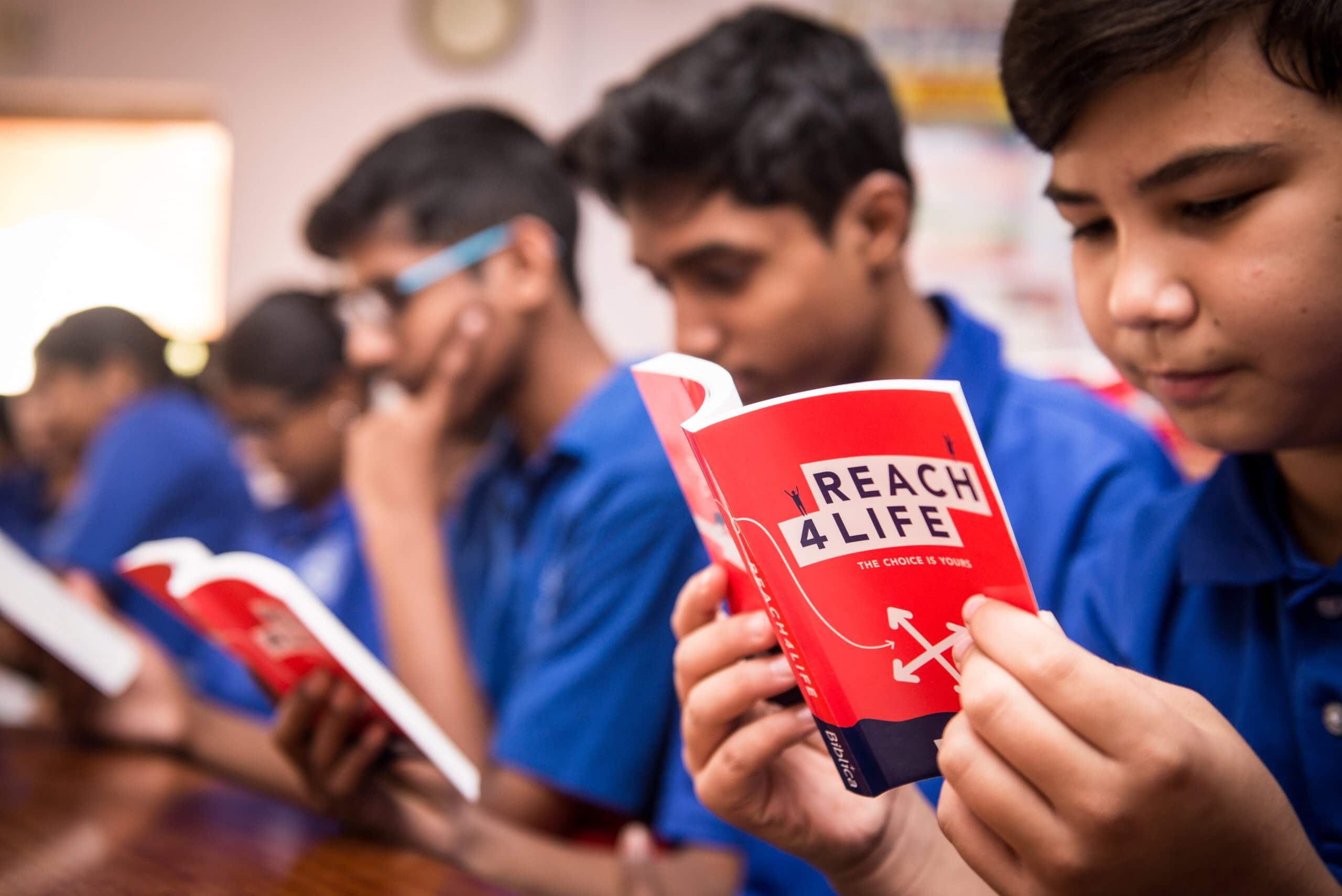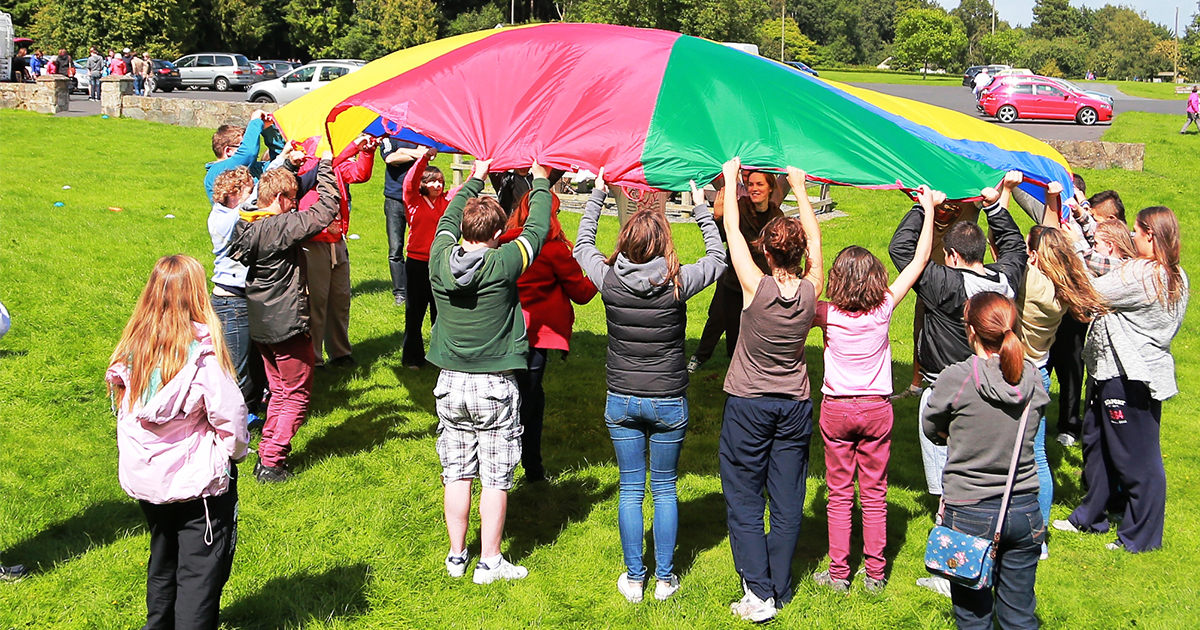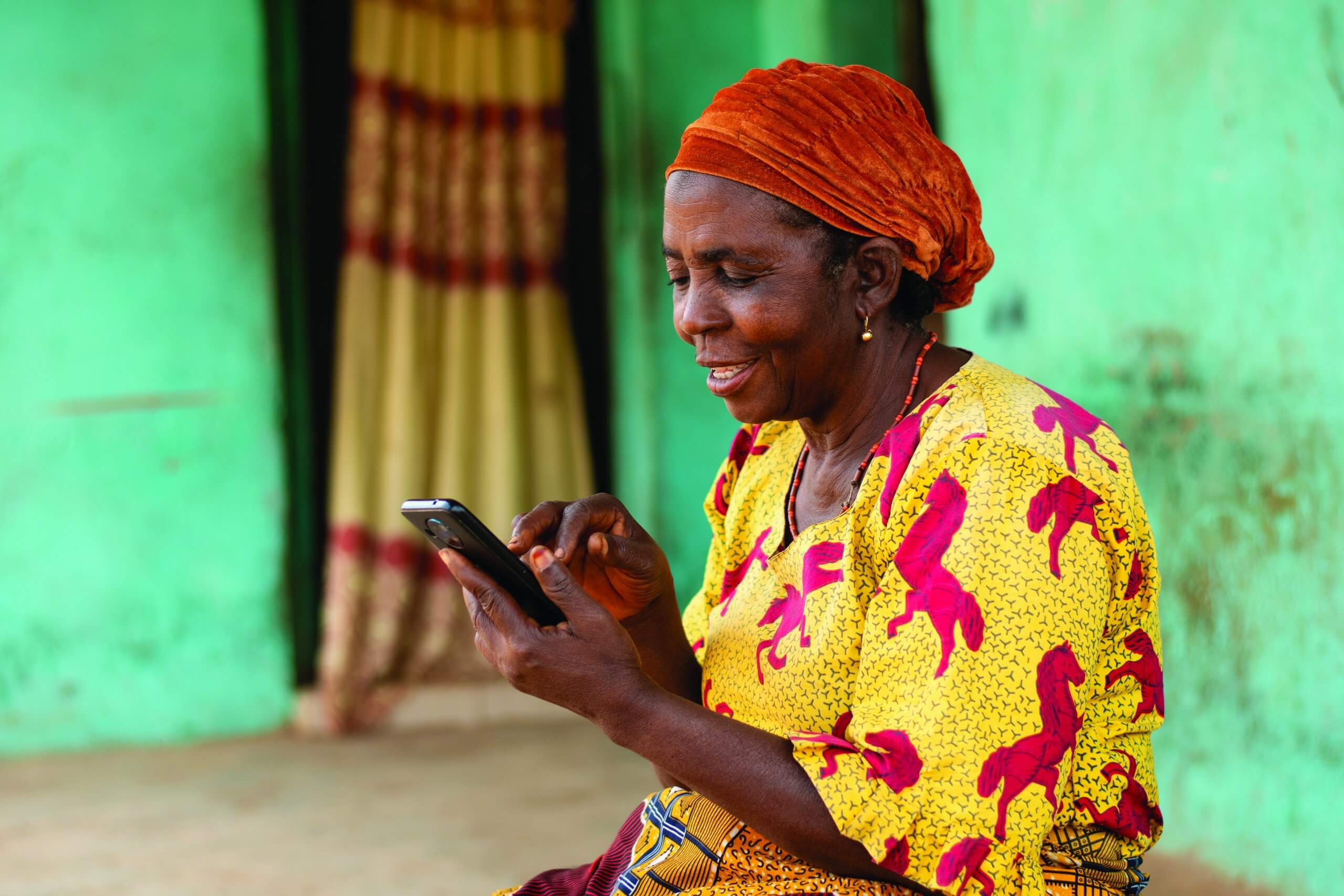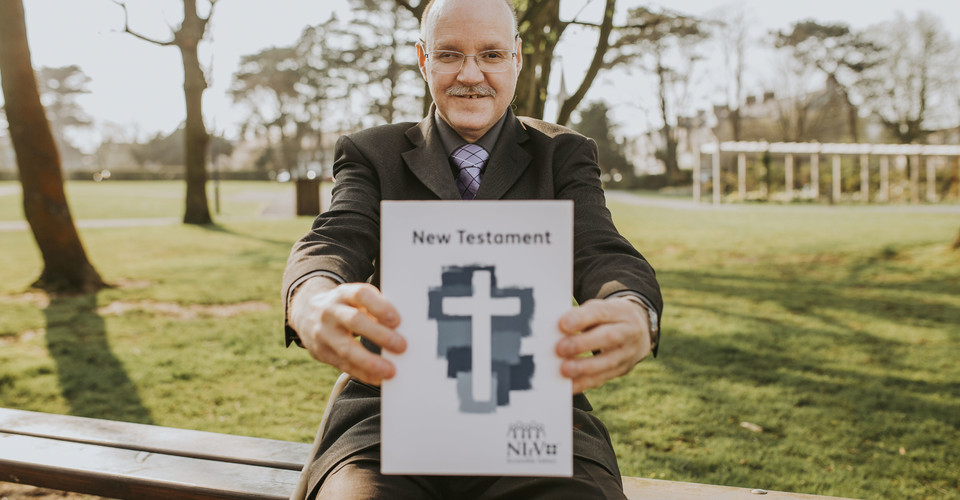Biblica has been involved in the work of translating God’s Word for more than 200 years. Beginning with our first Bible translation completed in 1810 (William Cary’s Bengali Bible), our legacy of Scripture translation has continued to the present day. There are still millions of people across the world who don’t have a Bible in their own first language or only have access to an old, outdated version of Scripture.
When the Books of the Bible were first written, they spoke clearly to people in their heart language. There was no gap between hearing God’s Word and understanding it. Sometimes the Bible can feel like a foreign book. But that’s not how it felt to its original audience. The Scriptures captured exactly what God wanted to say in everyday language. Those who heard God’s Word could understand it.
As a global Bible translation ministry, our overarching philosophy of translation can be summarised as enabling readers and listeners to read and hear the Bible as it was originally written and to understand the Bible as it was originally intended. Our team of translators pay equal attention to both the original source language and the target language, focusing not only on new translations, but also systematically and strategically updating our existing translations in order to ensure ongoing accuracy and readability.
Some Bible translations focus on the way Scripture was written — the form, grammar, even the word order of the original. The difficulty is that no two languages follow the same set of rules. That’s why translating Scripture is more than a matter of replacing Greek or Hebrew words with English equivalents.
Other Bible translations focus on the meaning of Scripture, helping you grasp the message of the Bible in your own words. The challenge with this approach is that if you stray too far from the form of the text, you might miss some of the subtle nuances — literary devices, wordplays, etc. — found in the original. Even the best literal translation can’t follow the original form all the time. And even the best meaning-based translation can’t capture every detail of meaning found in the original.
In 1978, the NIV pioneered a different approach: balancing transparency to the original with clarity of meaning, and that legacy of Bible translation within Biblica continues to this day.
Our distinctive approach to Bible translation:
- Major Languages
Our translation effort is focused on major, strategic spoken languages of the world. Many of these translations are then used as source texts for other translators working on minority languages, helping accelerate growth and maximise impact across the Bible translation world. - The Whole Bible
Our emphasis is always on translating the whole Bible, both Old and New Testaments, echoing the truth in Paul’s letter to Timothy – “All Scripture is God-breathed.” (2Timothy 3v16) - Combining Accuracy and Readability
Our locally based translators always begin with the original Greek, Hebrew, and Aramaic source texts. Working as a team, from across the denominational spectrum, each translation is subject to continuous and rigorous review, ensuring equal attention to accuracy and readability in the target language. - Print, digital text, and audio
Our work isn’t done when the translation is finished – in fact that’s just the beginning! Our translations are published in a range of print, audio and digital formats, ensuring that as many people as possible have access to Scripture in format they can easily engage with. We also work with publishers and ministry organisations to license our texts for use in innovative ministry efforts across the globe.
For more information on how we can help your church or ministry click here to go to the custom resources page.
If you are interested in supporting Biblica’s Bible translation work around the world, please visit our giving page.
Within Europe and the Middle East, Biblica currently steward 24 different translations, including, English, Russian, Spanish, French, German, Italian, Arabic, and Kurdish. We are also currently working on several new contemporary translations, including Ukrainian and Turkish.











